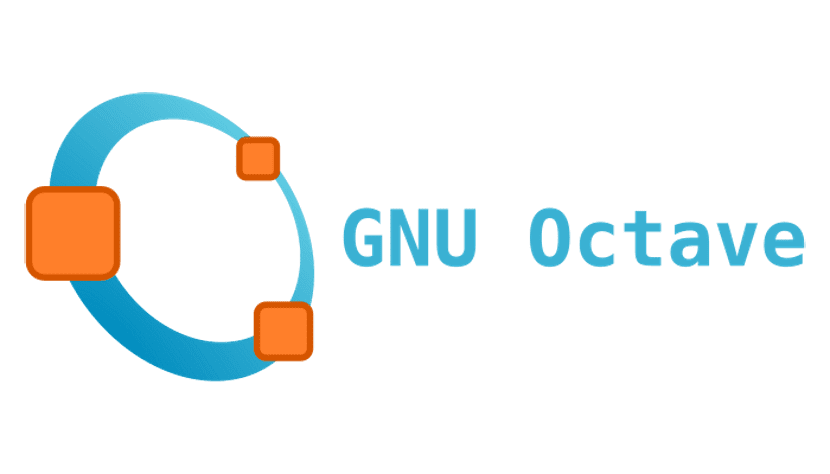
GNU Octave is a program and programming language for performing numerical calculations. As its name suggests, Octave is part of the GNU project. It is considered the free equivalent of MATLAB.
The launch of the new version of the system to perform mathematical calculations GNU Octave 8.1.0 (the first release of the 8.x branch), which provides an interpreted language and is largely compatible with Matlab.
Provides a command line interface convenient to solve linear and nonlinear problems numerically, and to perform other numerical experiments using a language that is primarily compatible with MATLAB.
Octave has many tools to solve common digital linear algebra problems, find the roots of nonlinear equations, etc.
Also, allows integration of ordinary functions, manipulate polynomials and integrate ordinary algebraic differential and differential equations. it is easily expandable and customizable through user-defined functions written in the Octave language, or through the use of dynamically loaded modules written in C ++, C, Fortran, or other languages.
Main new features of GNU Octave 8.1.0
This new version that comes from Octave 8.1.0 comes with many general changes and improvements of which, the major changes in the new version include the ability to use a dark theme to the graphical interface, as well as the fact that the toolbar offers new high-contrast icons.
Besides it, Octave libraries are now built using symbol visibility by default. That means fewer symbols are exported from these libraries. can be configured with --disable-lib-visibility-flags to export all symbols (as in previous versions).
Another change that stands out in the new version is that added a new widget with a terminal (disabled by default, activation requires launch with "--experimental-terminal-widget" parameter).
In addition to that, also It stands out that the performance of the function was improved five times filter, which also resulted in performance improvements for functions deconv, fftfilt and arma_rnd.
It is also noted that it provides support for PCRE2 regular expression library, which is enabled by default, and many of the changes aimed at improving compatibility with Matlab have been made, extending the capabilities of many existing functions.
Added new fonts for Document Viewer and also added new functions clearAllMemoizedCaches, matlab.lang.MemoizedFunction, memoize, normalize, pagectranspose, pagetranspose, uifigure
Finally, it is worth mentioning that an advance notice of future important changes is also mentioned:
Due to many user requests that Octave should have a Matlab-compatible string class, work is underway to implement a string class that will differ from a character vector.
In Octave, single-quoted character arrays are currently supported by Matlab, but double-quoted forms are not. Currently in Octave, both "foo" and "foo" are largely interchangeable, except for certain interpretations of escape sequences such as "\n" (converted to a single newline character) instead of "\n" (two characters). separated). Matlab's single-quoted character arrays and double-quoted strings do not process backslash escape sequences, unlike many other languages, and those escape sequences are processed by individual functions such as fprintf.
Octave's behavior is likely to change in the future as a consequence of the implementation of the Matlab-style string syntax. For example, 'foo' will remain a three-element character vector, but 'foo' will become a single-element string object. The exact implementation is a work in progress and may or may not include methods to preserve backward compatibility.
Finally, if you are interested in knowing more about it, you can consult the details In the following link.
How to install GNU Octave on Linux?
For those who are interested in being able to install this new version of GNU Octave 7.1.0, I must mention that at the moment the version contained in the repositories of the main distributions It's a bit late therefore, the new released versions take time to be updated in the repositories. But, you can install as soon as it's available using one of the following commands.
For example, for those who are users of Debian, Ubuntu or any distribution derived or based in these, they can perform the installation by opening a terminal and typing:
sudo apt-get install octave
As for those who prefer the use of Flatpak packages, they can install Octave on their system, they only need to have Flatpak support and to perform the installation only We are going to open a terminal and in it type the following command:
flatpak install flathub org.octave.Octave
Another method is with the help of snap packs and the installation is done by typing:
sudo snap install octave
One last method to install Octave is with docker and the installation is done by typing:
docker pull docker.io/gnuoctave/octave:8.1.0